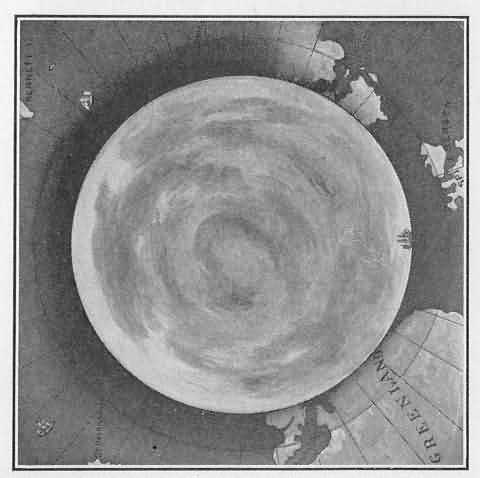
|
|

That the earth is hollow is proved by the fact that no one can get to the poles. In recent years all explorers have made practically the same progress--from 80 to 84 deg. latitude--and all agree that they find it warmer, and with an open sea. The difference of a few degrees is owing to the longitude as well as latitude when taking observations. The land is not necessarily the farthest north. The curve leading to the interior of the earth may be land or water, just as it happens, and he that passes to the farthest point of the circle when the observation is taken, will show the farthest point north. But if he continues straight on he will soon be losing ground, or getting farther from the supposed pole, and eventually be going south and not know it, as the compass could not then be depended upon. There must be some good reason why all have been obliged to turn back after reaching latitude 80 deg. to 84 deg. They have passed through a much colder climate, where there were more ice, less open water, and no game or signs of life; yet at this point all failed. It is like looking into the water and seeing the reflection of the moon, then getting into a boat and trying to get it. The moon always keeps some distance away; and so it is with the PHANTOM OF THE POLES.

I have quoted from nearly all the explorers, for the purpose of showing that, at the farthest point reached, either north or south, they found it warmer, with open water and plenty of game. Their remarks also prove, beyond a doubt, that what I claim is true--that the Arctic and Antarctic oceans are bodies of open water, abounding with game of all kinds, and much warmer than farther inland. If that is true, then why have the poles not been reached? The poles are but phantoms--the earth is hollow, or all principle of reasoning must fail.